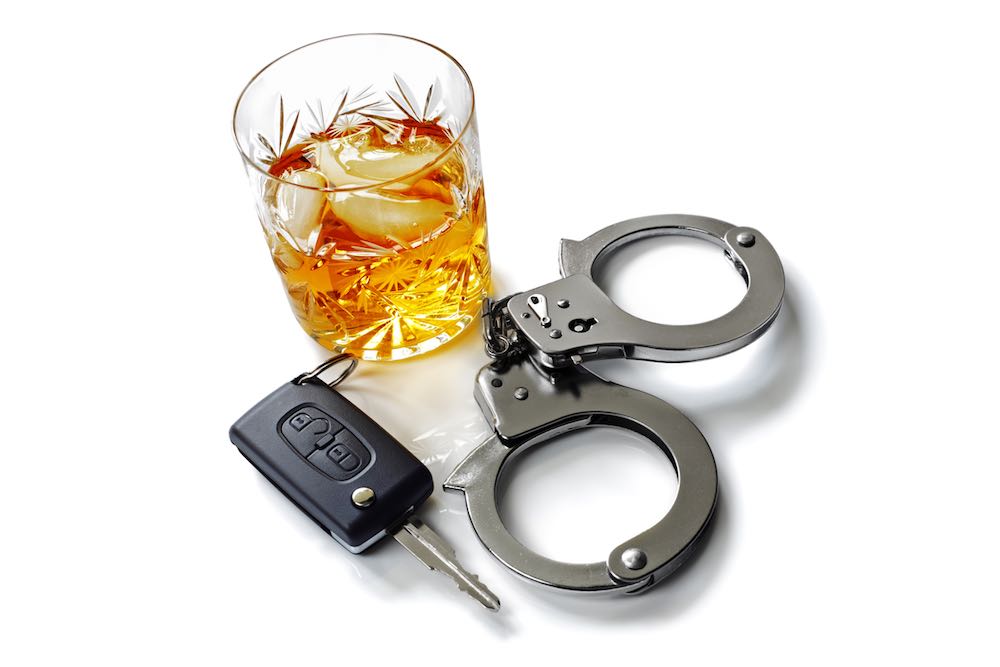
DUI – Driving Under the Influence of Alcohol or Drugs
DUI: Driving Under the Influence of Alcohol or Drugs is a gross misdemeanor with a maximum penalty of 364 days in jail and a $5,000 fine. The minimum penalties and licensing consequences are set out in RCW 46.61.502 , RCW 46.61.5055, and RCW 46.20.308.
What should I do when stopped by an officer for Driving Under the Influence of Alcohol or Drugs?
- Do agree to take the breath test at the station.
- Politely decline to take roadside physical coordination tests or the roadside portable breath test.
- Be polite, but decline to answer the officer’s questions other than your name, address, license and registration.
- Politely request an opportunity to speak with an attorney.
- Assert your right to remain silent (you do not have to answer the officer’s questions).
Remember there is a deadline to request a licensing hearing.
Note that the license suspension is handled separately by the department of licensing (DOL) and the criminal court.
You must request a hearing within twenty days of your arrest or your license will be administratively suspended by DOL.
If you lose the hearing or choose not to request the hearing you can apply for a breath test instrument in your car, an ignition interlock device (IID) license. Before they will issue such a license you must install an IID and obtain SR-22 form insurance.
I recommend you fight the suspension. Your lawyer will learn things about the case that may help in the criminal proceeding. It is possible to prevail in the administrative hearing for reasons such as of lack of cause to stop, improper advisements, failure to follow proper procedures with the blood or breath test.
Many people mistakenly feel that defending against a DUI is hopeless.
Many people feel discouraged and think they can’t fight a DUI charge. They mistakenly think that a breath ticket or blood test means guilt is automatic. Sometimes there is an error or problem with the breath test that provides a potential defense. Sometimes the evidence of alleged impairment is inconsistent with the driving. Good driving and good physicals (speech, coordination) provide a basis to challenge the validity of the officer’s opinion and the breath or blood test.
Body size (lung volume), breathing patterns, smoking, chewing tobacco, dental appliances, and medical conditions and medication can all potentially affect a breath test result. The breath test machine does not provide an accurate reflection of impairment. It is based upon a scientific model developed in the 1950’s which scientists know is imperfect.
Sometimes police officers are not convincing witnesses. Most cases can be improved with the assistance of a good lawyer.
Many times charges are reduced.
Most people plea bargain their DUI cases to reduced charges like Negligent Driving in the First Degree, RCW 46.61.5249, or Reckless Driving, RCW 46.61.500. These offenses have reduced penalties compared to DUI. They must complete an alcohol and drug evaluation as part of the plea bargain process. Your attorney can help you navigate the treatment agency process.
Marijuana DUIs
The new law, I-502, has brought attention to cases that were being prosecuted even prior to the law. The law sets a level of prohibition that is actually below what would impair most people.
Most of the marijuana DUI cases I have seen involve a stop for an equipment violation or minor traffic offense. The Officer smells marijuana and asks if you smoked. Most arrested have low levels of active THC and were probably not actually impaired.
What do I do for you?
We review the potential penalties together and discuss the details of the day you were stopped, of your contact with the officer, your physical condition and of any breath or blood test. I review the records of the blood test and of any breath test machine for errors or defenses. I may consult with experts about drug test levels and impairment. I speak with witnesses and look at the roadway where you were stopped. I fight the license suspension hearing at DOL and look for defenses to challenge the officer’s reason for stopping the car or his reason for arresting you.
Collateral Consequences of DUI Conviction
Most people do not know that the possible Consequences of DUI offense conviction include:
- Being barred from entry to Canada
- Restrictions on travel within the United States for a second alcohol offense under the Interstate Compact on Adult Offender Supervision, RCW 9.94A.745 (ICAOS)
- Loss of commercial driver’s license (CDL), RCW 46.25.110
- Sometimes, loss of employment
